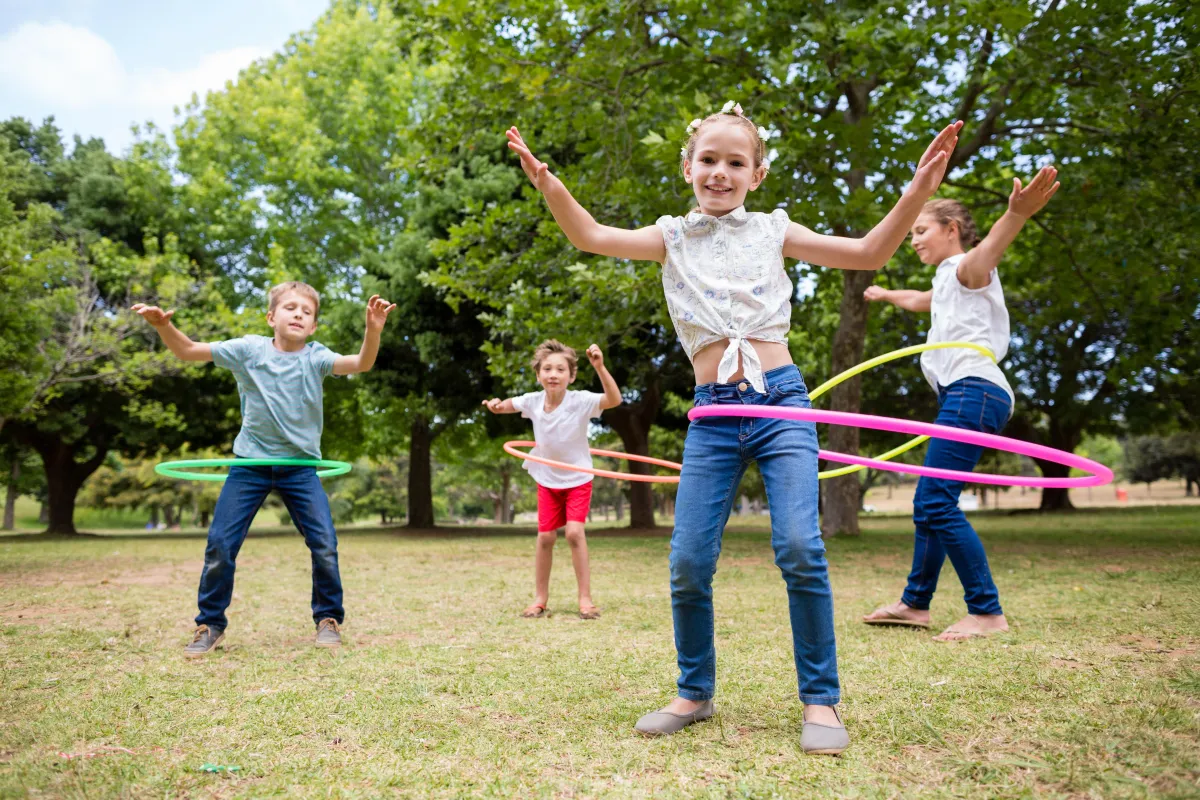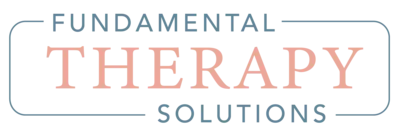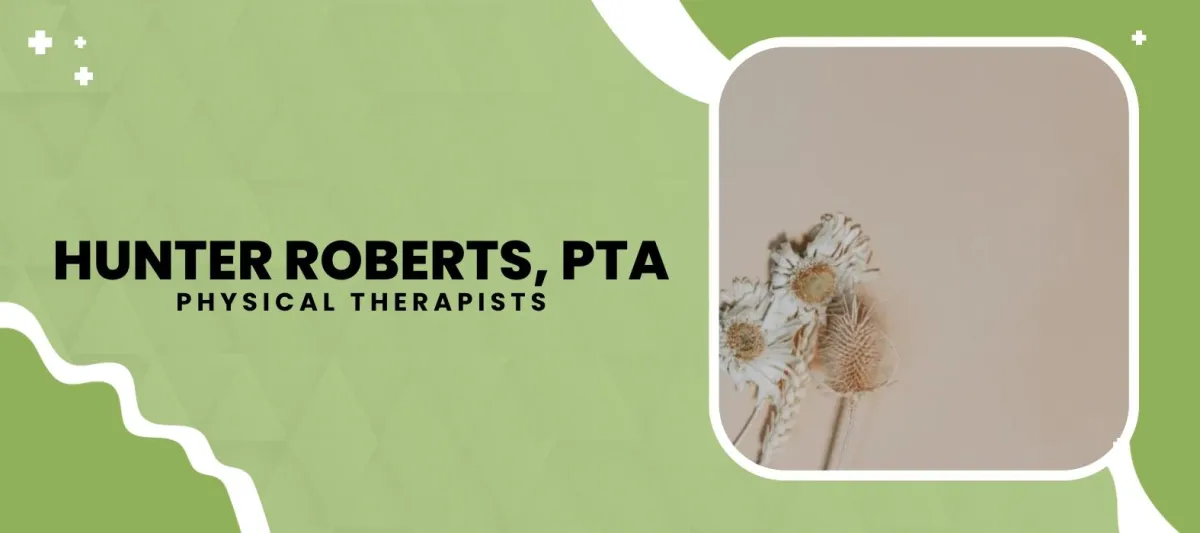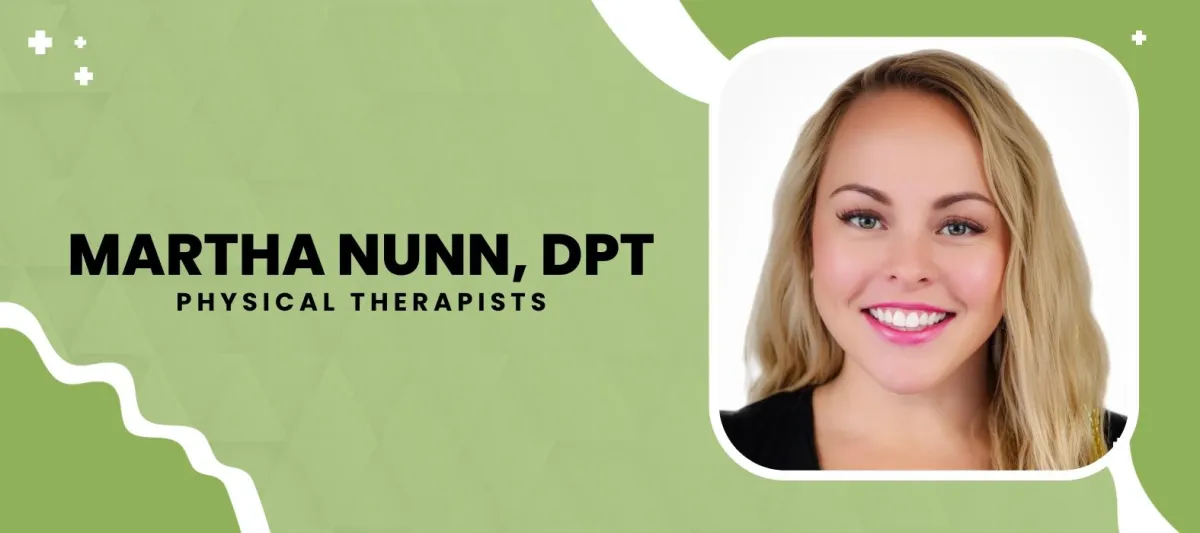EXCEPTIONAL
Physical Therapy


What Is Pediatric Physical Therapy?
Physical Therapy is dedicated to helping children gain the strength and confidence to navigate their physical world. For children who face challenges with walking, jumping, or even sitting up straight, our physical therapists provide a nurturing environment where they can improve their gross motor skills.
Through exercises and play-based activities, we focus on enhancing children's abilities to engage in age-appropriate physical activities, from playground fun to sports. Our goal is to foster independence, prevent injury, and promote overall health, ensuring that each child can enjoy being active and participate in physical activities with their peers.
The Experts Behind Physical Therapy
Physical Therapist (PT): A PT holds a Doctor of Physical Therapy (DPT) degree, which typically involves 7 years of higher education. They are skilled in evaluating and treating physical impairments in children.
Physical Therapist Assistant (PTA): A PTA has an associate's degree and works under the direction of a PT to implement treatment plans.
Common Signs and Indicators for Physical Therapy in Children
Gross Motor Development
Delays
Signs and Symptoms
Difficulty in achieving milestones like rolling, sitting, crawling, or walking
Clumsiness or frequent falling
Difficulty running, jumping, or climbing compared to peers
Poor balance and coordination
Walking on toes beyond toddler years
Awkward gait or irregular walking patterns
Limited participation in physical activities typical for age
Muscle Strength and Tone
Issues
Signs and Symptoms
Appears floppy or has low muscle tone (hypotonia)
Excessively stiff muscles or joints (hypertonia)
Fatigues easily during physical activities
Difficulty with tasks requiring muscle strength, like climbing stairs
Poor posture when sitting or standing
Motor Planning and Coordination Delays
Signs and Symptoms
Difficulty learning new physical tasks
Struggles with coordinated movements (e.g., riding a bike, swimming)
Difficulty with fine motor tasks like buttoning, zipping, or tying shoes
Challenges in tasks that require hand-eye coordination
Pain or Discomfort
Signs and Symptoms
Complains of pain during or after physical activities
Avoids using a particular limb or favors one side of the body
Displays discomfort when being moved or during routine activities
Respiratory and Cardiovascular Endurance Issues
Signs and Symptoms
Shortness of breath during physical activities
Limited endurance compared to peers in activities like running or playing
Rapid fatigue during exercises or play
Sensory Processing Issues
Signs and Symptoms
Overly sensitive or under-responsive to physical stimuli
Difficulty navigating through different terrains (e.g., grass, sand)
Uncomfortable with physical contact or certain textures
Post-Surgical or Post-Injury Rehabilitation
Signs and Symptoms
Requires assistance in regaining strength, flexibility, or mobility after surgery
Needs specialized exercises to recover from an injury
Experiences limitations in movement or function post-injury
Balance and Coordination Challenges
Signs and Symptoms
Difficulty maintaining balance while standing or moving
Challenges in activities that require coordination of limbs
Unsteady or uncertain movements
Functional Mobility Issues
Signs and Symptoms
Difficulty moving independently in various environments
Challenges with transitions, like getting in and out of a chair or bed
Needs assistance with daily mobility tasks
Our Friendly Physical Therapists

Monday - Thursday 8:30am - 5:00pm
Friday 9:00am - 3:00pm
Saturday - Sunday Closed
3312 S. Peoria Ave, Tulsa, OK. 74105
© 2023 Fundamental Therapy Solutions - All Rights Reserved



